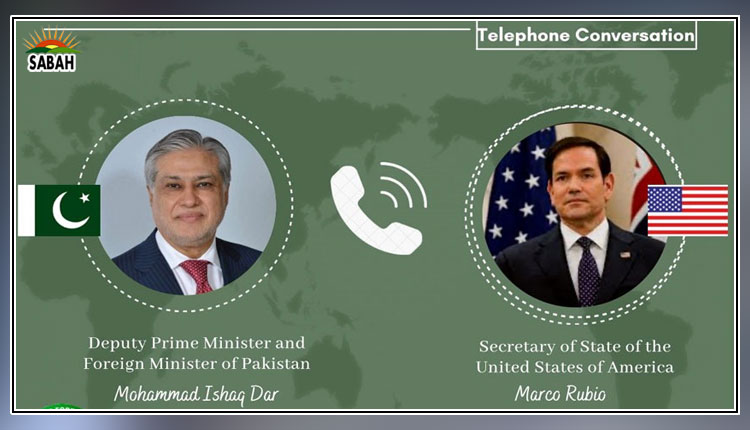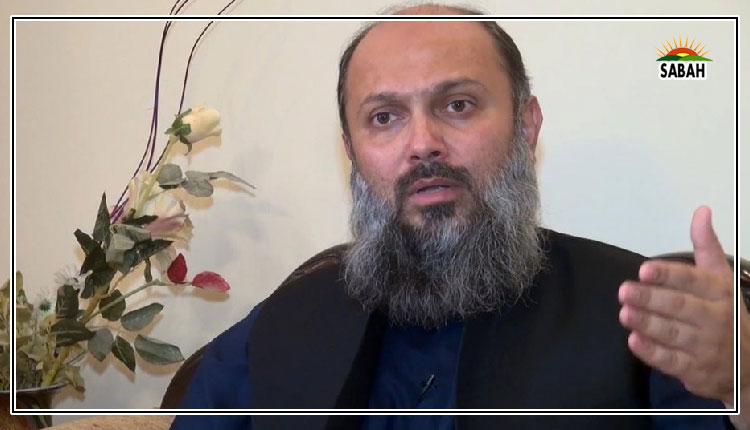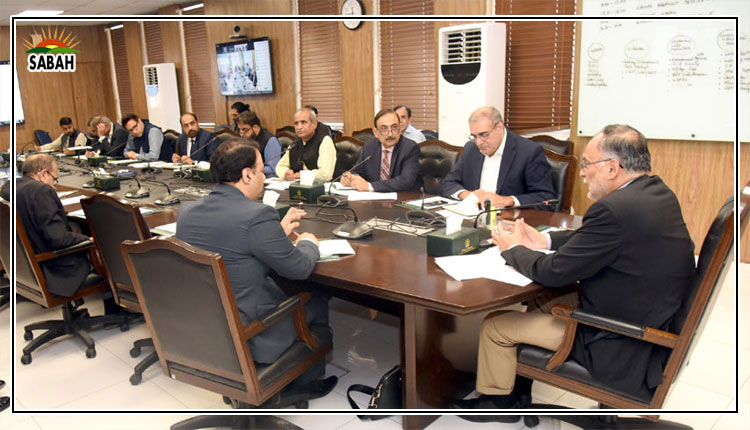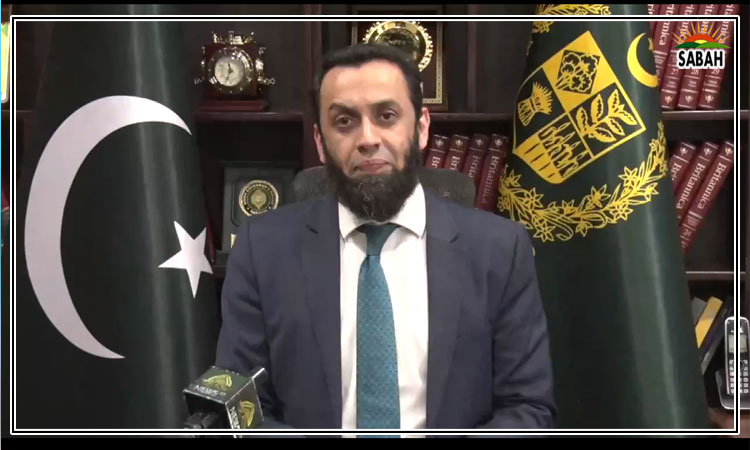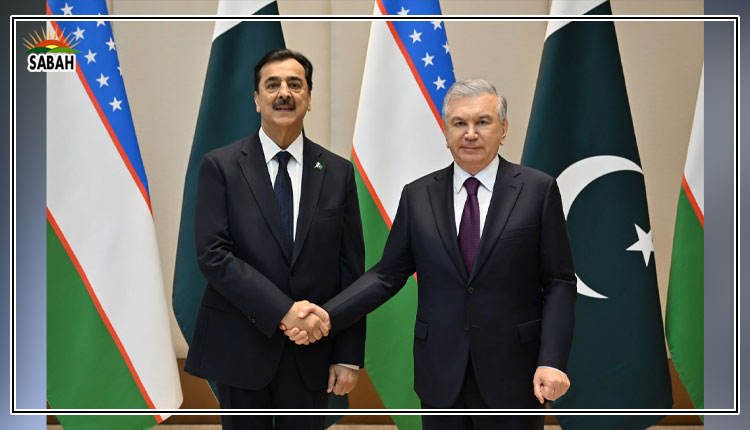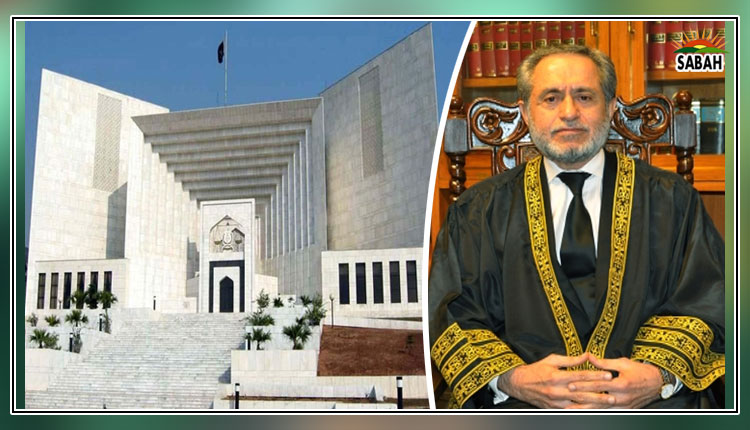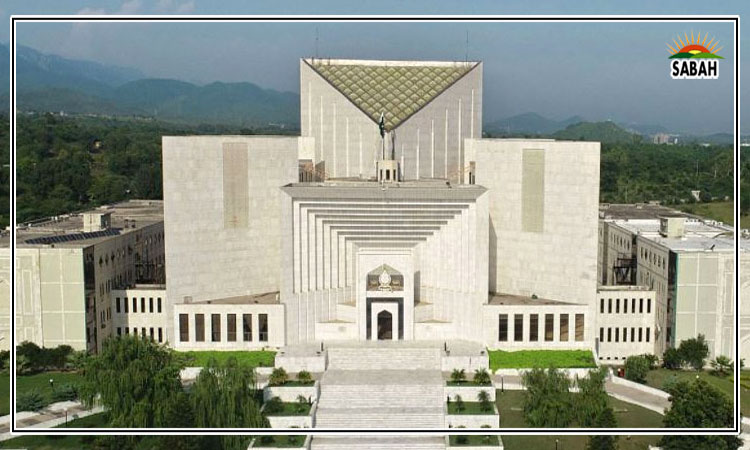Power slipping away…Khurram Husain
THIS is more or less what it looks like. When power begins to slip from your hands, like sand pouring from between the fingers, the picture looks more or less like what we see happening in Pakistan today.
There is no organised force standing in the wings or spearheading the resistance to a government growing ever more desperate. But there is a rising arc of challenges to its writ, its policies, its mandate, its underlying financial viability. And in responding to these proliferating challenges, the government appears conflicted internally, cutting compromises where it knows it cannot fight, and breathing fire and brimstone where it seems the fight is already lost.
All the while its finance minister, the key interlocutor between the state and its creditors, is struggling hard to juggle too many balls at the same time. The quantum of Pakistans external debt is less of a problem compared to the sprawling number of creditors the country has accumulated over the past decade, and the near overwhelming schedule of maturities that the state now faces on a routine basis.
Im reminded of some conversations Ive had with people in important positions over the years. One was with the late Usman Aminuddin, one-time senior oil and gas executive and Pakistans petroleum minister in the early 2000s. He had been part of a group that met Akbar Bugti and other tribal sardars in Balochistan to defuse simmering tensions at that time.
The government appears conflicted internally, cutting compromises where it knows it cannot fight.
In 2007, I recorded an interview with him on Pakistans gas reserves, during which he said, I was surprised to learn what the Baloch sardars were asking for, referring to the demands they made from the Musharraf regime in those days. It was nothing! They were asking for pocket change compared to what we were getting from them in return!
A few years later, he repeated this remark in a televised talk show aired by DawnNews and hosted by Asad Umar, president of Engro at that time. He ended his remark, saying, we all know how that worked out or something along those lines (Im paraphrasing from memory). His point was that the sardars were actually asking for very little, and meeting their demands should have been easy, but Pervez Musharraf opted to make it into an ego dispute, which escalated and led eventually to the assassination of Akbar Bugti in 2006.
More than a quarter century later, Pakistan is still grappling with the insurgency that was triggered by the mishandling of the demands from the Baloch sardars, and fuelled further by the ham-handed way in which the Gwadar projects have been carried out. Thus did a political problem turn into an insurgency, which has now morphed into a raging separatist movement.
Even today, politics can help heal the rifts that the failure to properly negotiate an economic rent-sharing arrangement in the early 2000s created. Another conversation with a friend who is knowledgeable about Balochistan and is a social scientist comes to mind. Maulana Hidayatur Rehman and Khushal Khan Kakar are two examples, he told me once, listing details, that when politics is left to its own devices, local leaders can emerge, and channelise popular discontentment and challenge established political hierarchies.
But oftentimes the security establishment perceives them as threats and tries to pre-empt their emergence, he continued, listing numerous such examples. Despite everything, a vibrant civil society in Balochistan is still capable of growing a leadership for itself given the chance, he insisted. And this leadership can help heal the rifts that are gaping wider in that society with every round of fresh repression, if only an organic process of representative politics would be given the chance.
Another conversation Im reminded of these days was with a former chairman PIA, and since he never mentioned this on record, I cannot name him. But I asked him what takes up most of his time, and he replied: Managing the creditors! Every other day a new loan is falling due, and all our time is consumed trying to arrange the resources with which to meet that obligation or negotiate something with the creditor. There is no time or energy left for anything after this.
Pakistans finance minister is in a similar sort of situation these days as he struggles to secure rollover assurances from his creditors, along with getting them to agree to reschedule at least some of the payments falling due during the years when the forthcoming IMF programme will be in operation. The details of what all is being sought, and how much has been granted thus far, are not known with clarity yet. What is known is that the exercise has now become too complicated and riddled with Catch-22 type traps, where the IMF demands a financing gap first be filled before the programme can commence but creditors demand that a functioning programme first be in place before they can commit funds. A breakthrough will probably be achieved, though it is not certain how long this will take.
It is no longer rocket science to see where this is going. Every year, it is getting harder to juggle the countrys external financing requirements. Every year, the calendar of maturities and repayments gets more packed than the preceding year. And every year the so-called dance of the billions that Pakistans debt management operations has become gets more intricate, more complicated and more time-consuming. There is little time left for anything after this!
Prolonged inflation is pushing more people into despondency than ever before. Egos have mobilised a separatist insurgency. Meanwhile, the sovereign is sinking in the quicksand of debt. This is what it looks like when power slips through your fingers like sand. It is not one big challenge rising up before the ruler that should have him worried. It is the proliferating number of small ones, taking on different shapes at different places and times. Every problem is not a nail. Every solution is not a hammer.
The writer is a business and economy journalist.
khurram.husain@gmail.com
X: @khurramhusain
Courtesy Dawn


